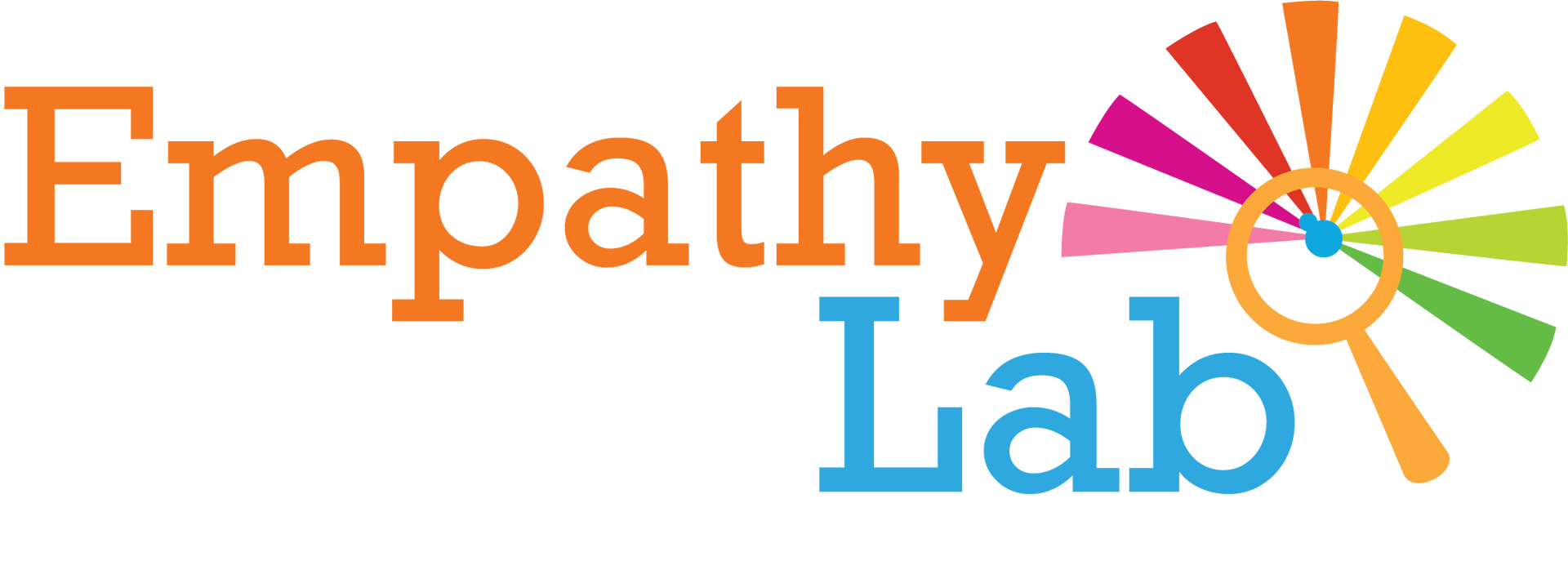Teaching Empathy in the Wake of Tragedy
- By EmpathyLab
- •
- 20 Sep, 2022
- •
Nayla Abu Fadil, a teacher from Beirut, Lebanon, tells her story about her journey to connecting with EmpathyLab following the 2020 Beirut explosion.
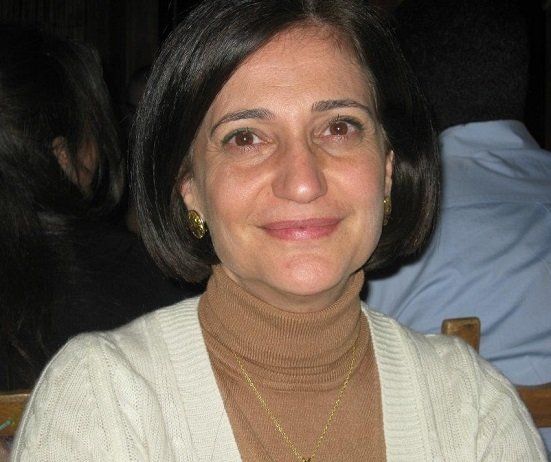
I'm Nayla Abu Fadil, a teacher from Lebanon. My story with EmpathyLab began almost two years ago today, on the August 4th 2020, when I heard a huge explosion. We all heard it, as if it was under our very homes.
The Beirut Blast caused hundreds of deaths, thousands of injuries and made more than 300,000 people homeless. Homes were turned to glass and bricks.But unlike you'd expect in Europe or elsewhere, the government provided no support that day. People were left alone. Alone to transport injured loved ones to hospitals, search for their family members among the rubble, or clean up the streets.
As images and videos of the situation were broadcast around the world, I realized that what we were watching was empathy, pure and simple. People treating their own wounds after the blast, a community rebuilding their own city. This is the power of empathy. Citizens supporting fellow citizens, having compassion, and taking the role of a government that had vanished.
As a primary teacher, the concept of empathy resonated with me particularly because we learn much about learner profiles in school, and one of them is the caring type: people who are empathetic. But on that awful day, in some way, we were all carers.
I began reading about empathy after my experience, researching myself online and looking for titles of story books to teach our students. My research led me to EmpathyLab, and I quickly subscribed to the newsletter. It was exactly what I'd been looking for!
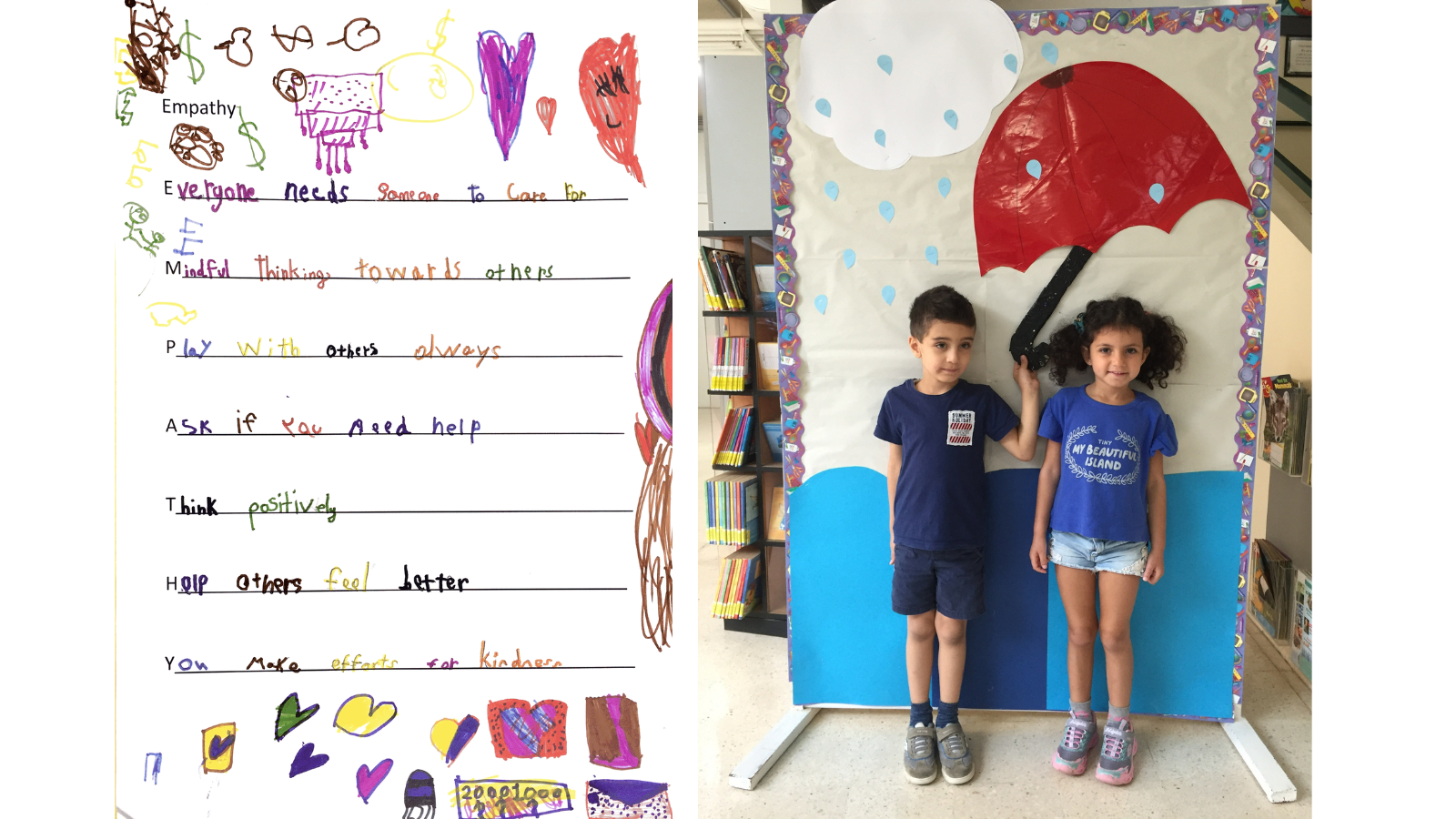
During the pandemic I was preparing virtual libraries for K to 3 in English, French and Arabic. While confined at home, I had the idea to include videos of book readings, and when back at school, I recorded myself reading from our own library. Many of the stories were about empathy.
We celebrated Empathy Day in school on June 10th 2021 and recently I was lucky to attend a workshop with EmpathyLab, which the school generously offered me as part of my professional development. We celebrated Empathy Day this year, and a new celebration has been added to our school calendar!
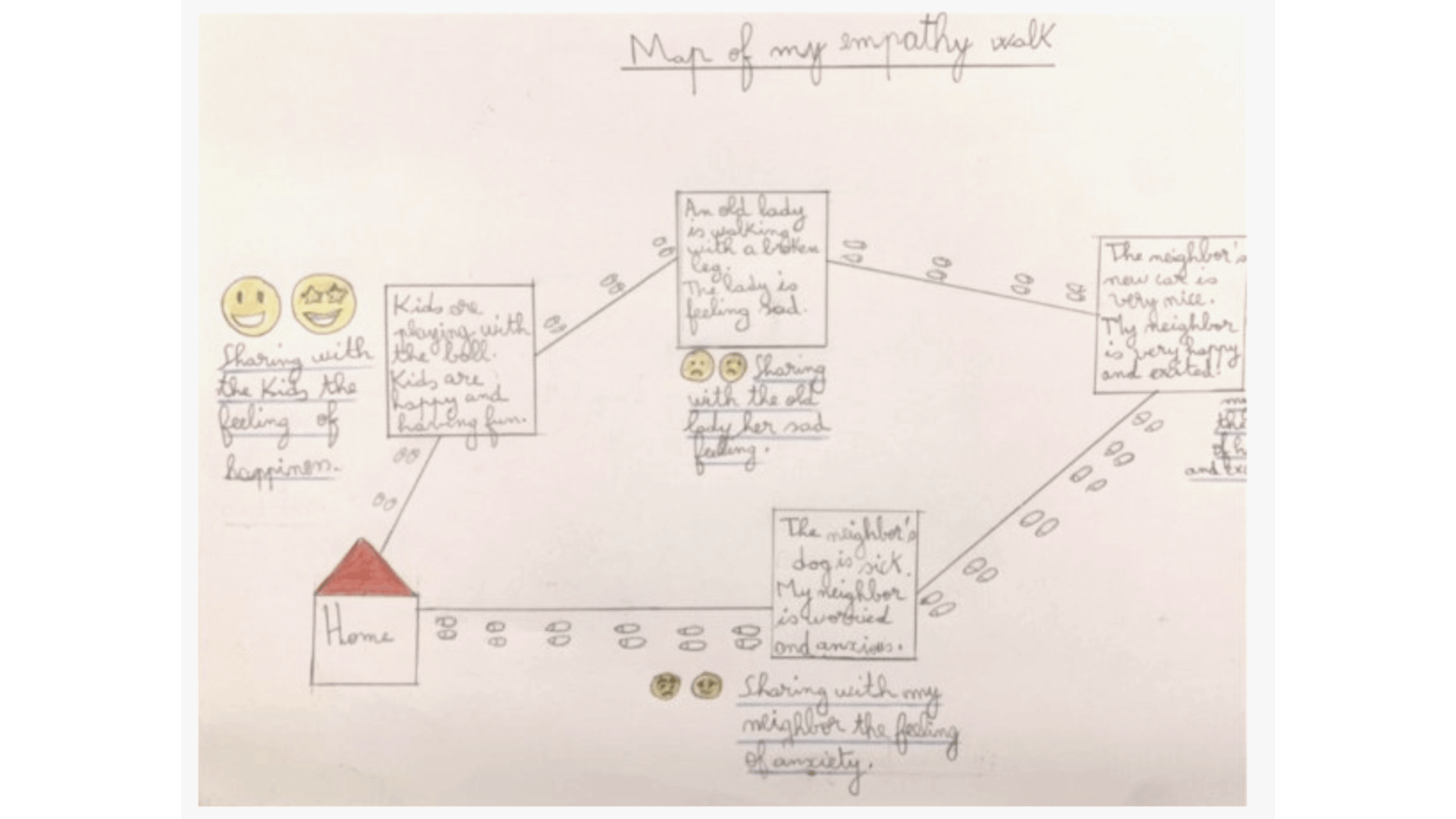
I am so grateful to have found resources and like-minded people at EmpathyLab; it has been transformative for the kids, and for me. I hope we can continue to celebrate Empathy Day, keep teaching about empathy in class, and maybe even roll out a program to other schools, too!
Nayla is a primary teacher at International College (IC) in Lebanon.
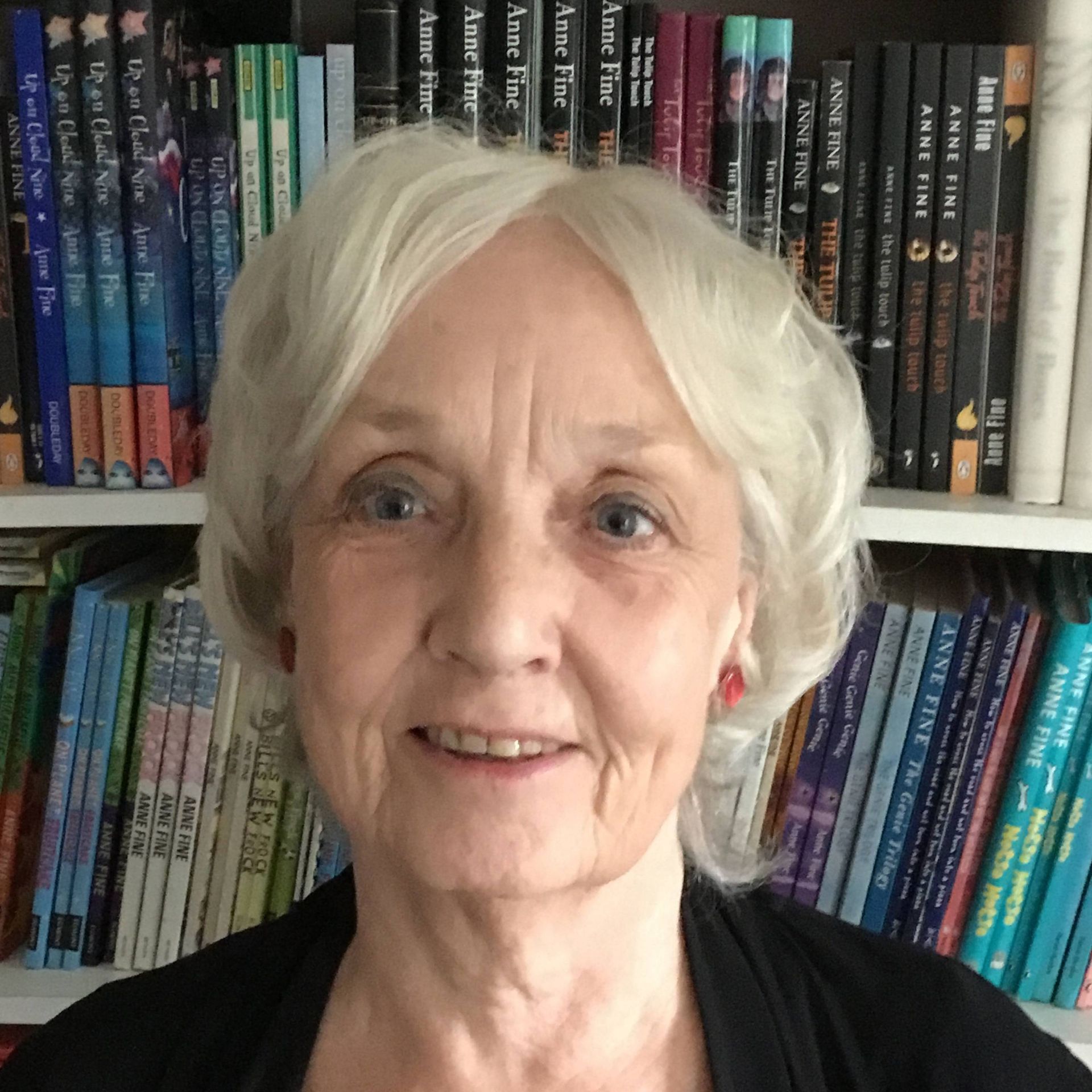
Why has the sheer importance of empathy come to the fore in recent years? Why do we care so much about a concept that had seemed to be left to itself for so long?
Perhaps because there has been so much change and upheaval for our young people in recent years, leaving so many isolated from what we might term ‘real’ contact with others. Lockdown was for many a disaster. The proliferation of phones hasn’t helped. Financially stretched families are often starved of time that can be spent in casual, easy, contact with one another.
So gaining an understanding of others from fiction has become more and more important. Children have always learned from the books and stories they are offered. From the fairy tales, children who lived in an elemental world without luxuries or social safety nets learned the virtues that were so necessary back then to survival: courage, resourcefulness, endurance, quick wits, kindness to strangers.
Our own young people live more tightly under separate roofs, and we have seen the language of books change accordingly - to Mum, the babysitter, playgroup, park, baby sister, Dad’s girlfriend, the bully, happy, worried, sad. It’s the language of relationships and emotions now, and understanding and compassion liberate. They have become the twenty-first century equivalent of Hansel and Gretel’s pebbles gleaming in the moonlight to show the way out of the dark forest.
Frank Flanagan once said good writers “structure, explain and evaluate the experience of childhood and empower the child to come to terms with it. They enable the child to lead a full life."
How? Partly by quite unconsciously increasing self-knowledge and self-awareness. A young reader can’t help but see characters in books unconsciously as if in a mirror. "I'm not like that." "I worry about that too." "I would have been braver”, “slower to catch on”, “tempted to be more mean”. And when this sense comes of no longer being the only one in the world to have this problem, or to feel that way, the child not only comes to realise that they are not alone, but also to gather insights into how other people deal with the same worries or tackle the same problems. In short, they learn, vicariously, how other people tick.
We have so many young people who, it seems, sometimes as a result of their upbringing, often simply by nature, have somehow failed to acquire the tools to begin to think about their own situation. Through fiction they can often begin, safely, to explore the more subtle aspects of life around them - an insight into someone else's life. A child can share desk space with someone else all year and yet learn less about them than about a character in one short book that’s read to them at night. I try to show this in my novel On the Wall , where, over the school year, Finley’s quite exceptional gift for tranquillity and self-acceptance in an anxiety-inducing world causes one fellow pupil after another to look more deeply into themselves, and learn how to rebalance their own way of thinking to become, in the process, calmer, happier, or more accepting.
We all want, for our young people, peace of mind. An excellent start is to explore Lauren Child's wonderful 'Staring into Space' project: https://staringintospace.me/
Then, steep them in fiction. And where better to find the
best than at the EmpathyLab itself?
You can purchase Anne's book, On the Wall,
here
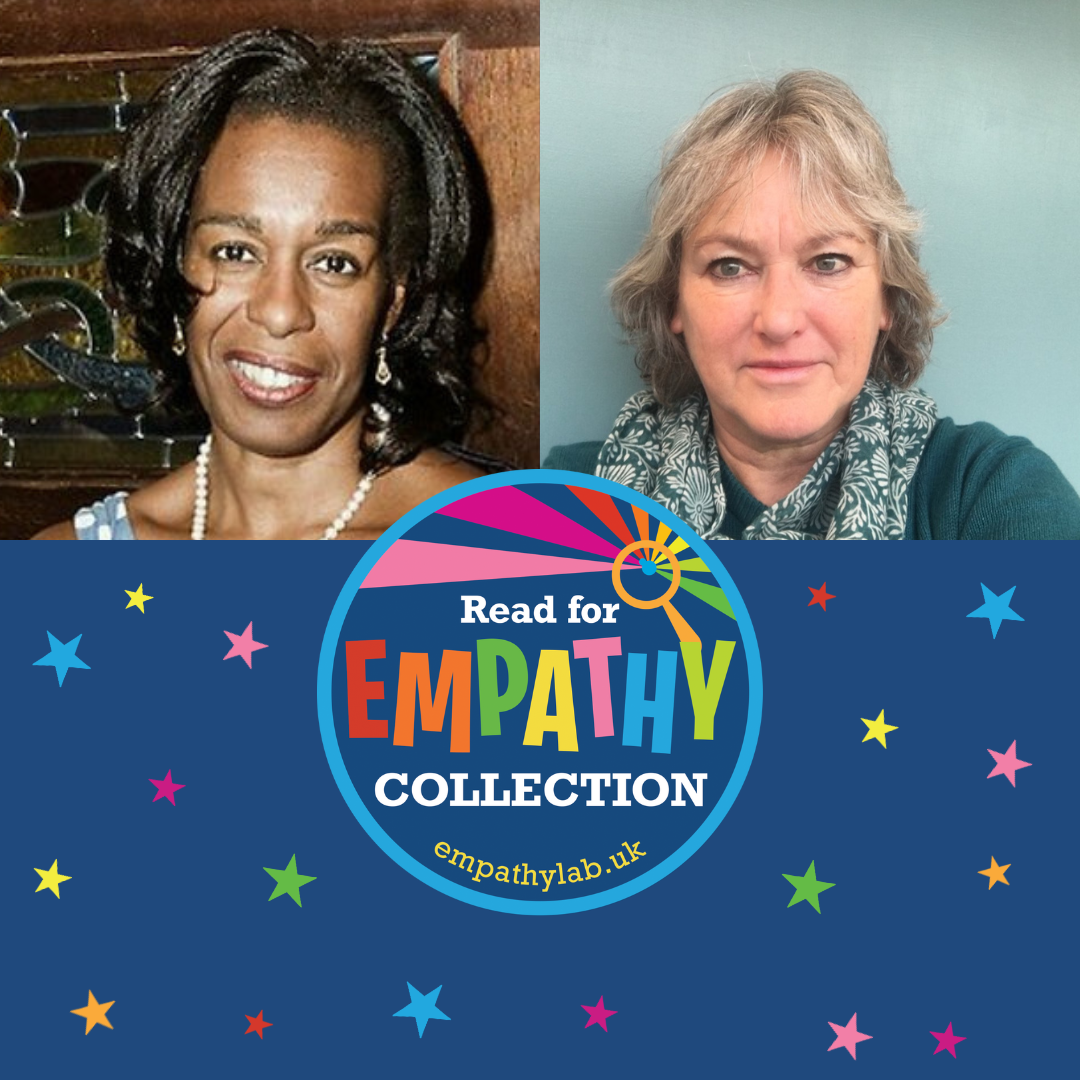
The collection consists of 65 books for 3-16 year olds, each chosen for its unique contribution in building young people’s empathy.
The primary collection for 3-11 year has 40 books; the secondary collection features 25 books for 12-16 year olds.
